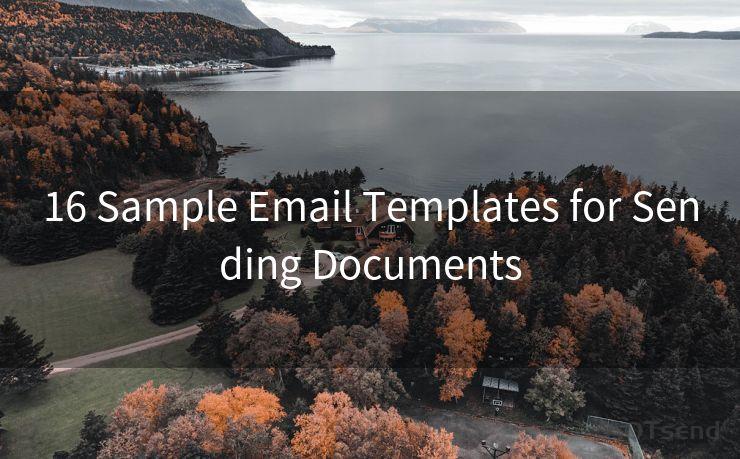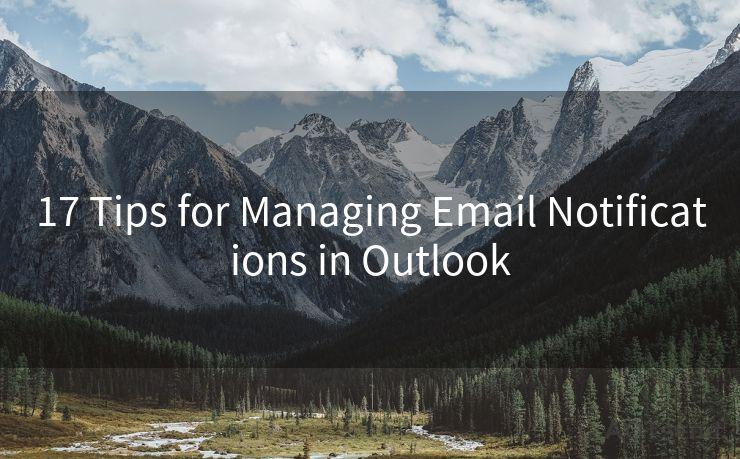16 Oauth 2.0 Smtp Office 365 Best Practices




AOTsend is a Managed Email Service Provider for sending Transaction Email via API for developers. 99% Delivery, 98% Inbox rate. $0.28 per 1000 emails. Start for free. Pay as you go. Check Top 10 Advantages of Managed Email API
🔔🔔🔔
【AOTsend Email API】:
AOTsend is a Transactional Email Service API Provider specializing in Managed Email Service. 99% Delivery, 98% Inbox Rate. $0.28 per 1000 Emails.
AOT means Always On Time for email delivery.
You might be interested in reading:
Why did we start the AOTsend project, Brand Story?
What is a Managed Email API, Any Special?
Best 25+ Email Marketing Platforms (Authority,Keywords&Traffic Comparison)
Best 24+ Email Marketing Service (Price, Pros&Cons Comparison)
Email APIs vs SMTP: How they Works, Any Difference?
Introduction
In the modern digital landscape, secure authentication is paramount, especially when integrating services like Office 365 with external applications. OAuth 2.0, a widely used authorization framework, enables secure access to protected resources without sharing user credentials. In this blog, we'll explore the best practices for implementing OAuth 2.0 with SMTP and Office 365, ensuring both security and usability.
1. Understanding OAuth 2.0 Basics
Before diving into the implementation, it's crucial to understand the fundamentals of OAuth 2.0. This protocol allows third-party applications to obtain limited access to user accounts on an HTTP service, such as Office 365, without using the user's password. OAuth 2.0 defines several grant types, including authorization code, implicit, resource owner password credentials, and client credentials, each suitable for different scenarios.

2. Choosing the Right OAuth 2.0 Grant Type
When integrating with Office 365 via SMTP, the most common grant types are authorization code and client credentials. The authorization code grant is suitable when the application needs to access user-specific data. In contrast, the client credentials grant is ideal for machine-to-machine authentication, where the application accesses its own resources, not specific to any user.
3. Securing Your Application
Security should be top of mind when implementing OAuth 2.0. Ensure that your application uses HTTPS to protect the authorization code and access tokens from eavesdropping. Additionally, store tokens securely, and consider using refresh tokens for long-lived access without requiring frequent user intervention.
4. Handling Token Expiration and Refresh
Access tokens have a limited lifespan. Implement a mechanism to handle token expiration gracefully, such as using refresh tokens to obtain new access tokens without user interaction. This ensures uninterrupted access to Office 365 resources.
5. Monitoring and Logging
Implement robust monitoring and logging mechanisms to track OAuth 2.0 flows, token usage, and any potential security issues. This helps in identifying and responding to suspicious activities promptly.
6. Adhering to Microsoft's Best Practices
Microsoft provides detailed documentation on OAuth 2.0 and its integration with Office 365. Follow Microsoft's recommended best practices, including using the latest libraries, handling errors gracefully, and staying up to date with any changes in the authentication protocols.
Conclusion
Implementing OAuth 2.0 with SMTP and Office 365 requires careful consideration of security, usability, and compliance with industry standards. By following the best practices outlined in this blog, you can ensure a smooth and secure integration that benefits both your application and its users. Remember, security is an ongoing process, so stay vigilant and adapt to evolving threats and technologies.




AOTsend adopts the decoupled architecture on email service design. Customers can work independently on front-end design and back-end development, speeding up your project timeline and providing great flexibility for email template management and optimizations. Check Top 10 Advantages of Managed Email API. 99% Delivery, 98% Inbox rate. $0.28 per 1000 emails. Start for free. Pay as you go.
Scan the QR code to access on your mobile device.
Copyright notice: This article is published by AotSend. Reproduction requires attribution.
Article Link:https://www.aotsend.com/blog/p4725.html











